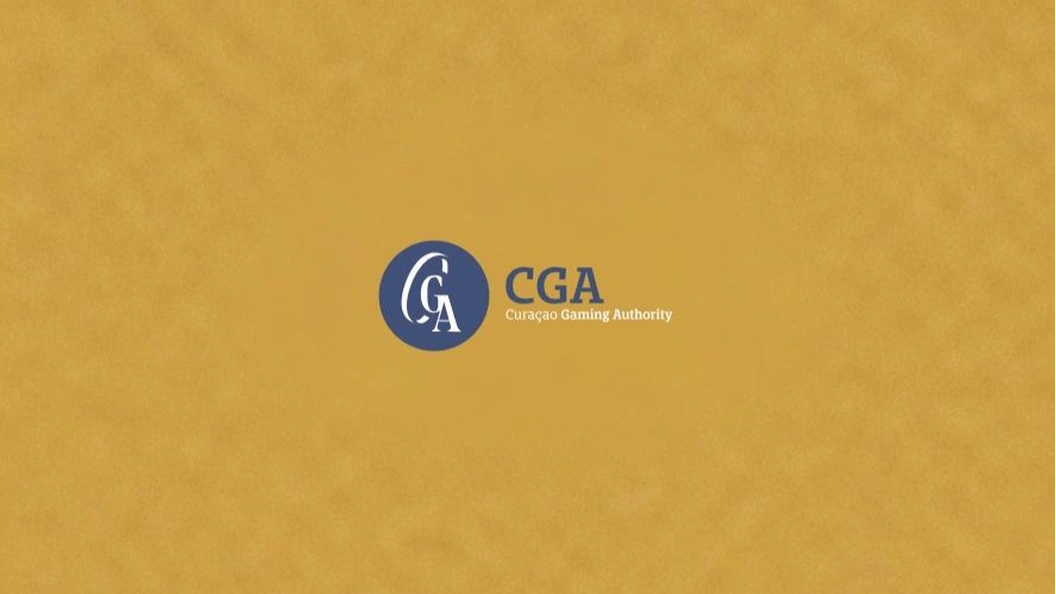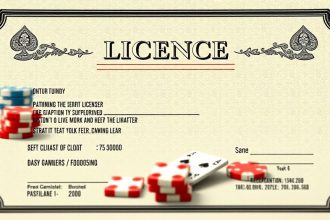The Curacao eGaming License, administered by the Curacao Gaming Control Board (GCB) under the Ministry of Justice, remains a cornerstone for online casinos in the $150 billion iGaming industry as of October 2025. Established in 1996, it’s one of the oldest and most accessible licensing regimes, regulating over 500 operators, including crypto-friendly platforms like Stake and BitStarz. Known for its cost-effective structure and global reach, the license facilitates operations across jurisdictions, though it faces scrutiny for lighter oversight compared to Malta or the UK. This article details the licensing process, operational requirements, and compliance mechanisms for Curacao-licensed online casinos in 2025.
Licensing Process
Obtaining a Curacao eGaming License involves a streamlined but rigorous application:
- Application Submission: Operators submit corporate documents, proof of €150,000 in operational capital, and a business plan detailing game offerings and AML policies. Fees include €20,000 upfront and €12,000 annually.
- Due Diligence: The GCB verifies company ownership, requiring clean criminal records and financial transparency. Processing takes 4-8 weeks, with 90% of applications approved if compliant.
- Sub-License Structure: Curacao operates a master license system, with four master holders (e.g., Antillephone, Gaming Curacao) issuing sub-licenses. Operators work under these, reducing direct GCB interaction.
In 2025, 70% of applicants are crypto casinos, leveraging Curacao’s blockchain-friendly policies, including support for BTC, ETH, and USDT transactions.
Operational Requirements
Licensed operators must adhere to specific standards:
- Game Fairness: RNG certification by labs like GLI or iTech Labs is mandatory, ensuring 92-98% RTP for slots and table games. Live dealer games require real-time audits.
- AML/KYC Compliance: Operators implement KYC for deposits over €2,000, requiring ID and address verification. AML protocols flag transactions above €10,000, with blockchain analytics for crypto tracing.
- Payment Systems: Support for fiat (Visa, Skrill) and crypto, with minimum deposits at $10 equivalent. Withdrawals process within 72 hours, capped at $50,000 monthly for non-VIP accounts.
- Data Security: Compliance with GDPR-like standards, using AES-256 encryption. Servers must be hosted in approved jurisdictions, with 80% using Curacao or EU data centers in 2025.
Non-compliance risks license suspension or fines up to €100,000, with three revocations in 2024 for AML breaches.
Compliance and Enforcement
The GCB conducts quarterly audits via remote access to operator servers, checking RNG logs and transaction records. Blockchain casinos log bets on Ethereum or Solana, enabling public verification via explorers like Etherscan. Responsible gambling tools – deposit limits, self-exclusion, and session timers – are mandatory, with AI monitoring high-risk play (e.g., >5 hours daily). Operators report to the Curacao Financial Intelligence Unit for suspicious activities, with 500 cases flagged in 2024.
Challenges and Market Role
Curacao’s lighter regulation attracts smaller operators but draws criticism for leniency. In 2025, reforms mandate stricter AML checks and player protection, aligning closer to MGA standards. The license’s global scope (excluding restricted markets like the US) makes it ideal for crypto platforms, with 60% of licensed casinos offering BTC deposits. However, 20% of players report slower dispute resolution compared to Malta.
The Curacao eGaming License balances accessibility with oversight, powering diverse iGaming platforms. Players should verify sub-licenses on the GCB portal, use responsible tools like $10 daily limits, and prioritize operators with audited games for secure play in 2025.








